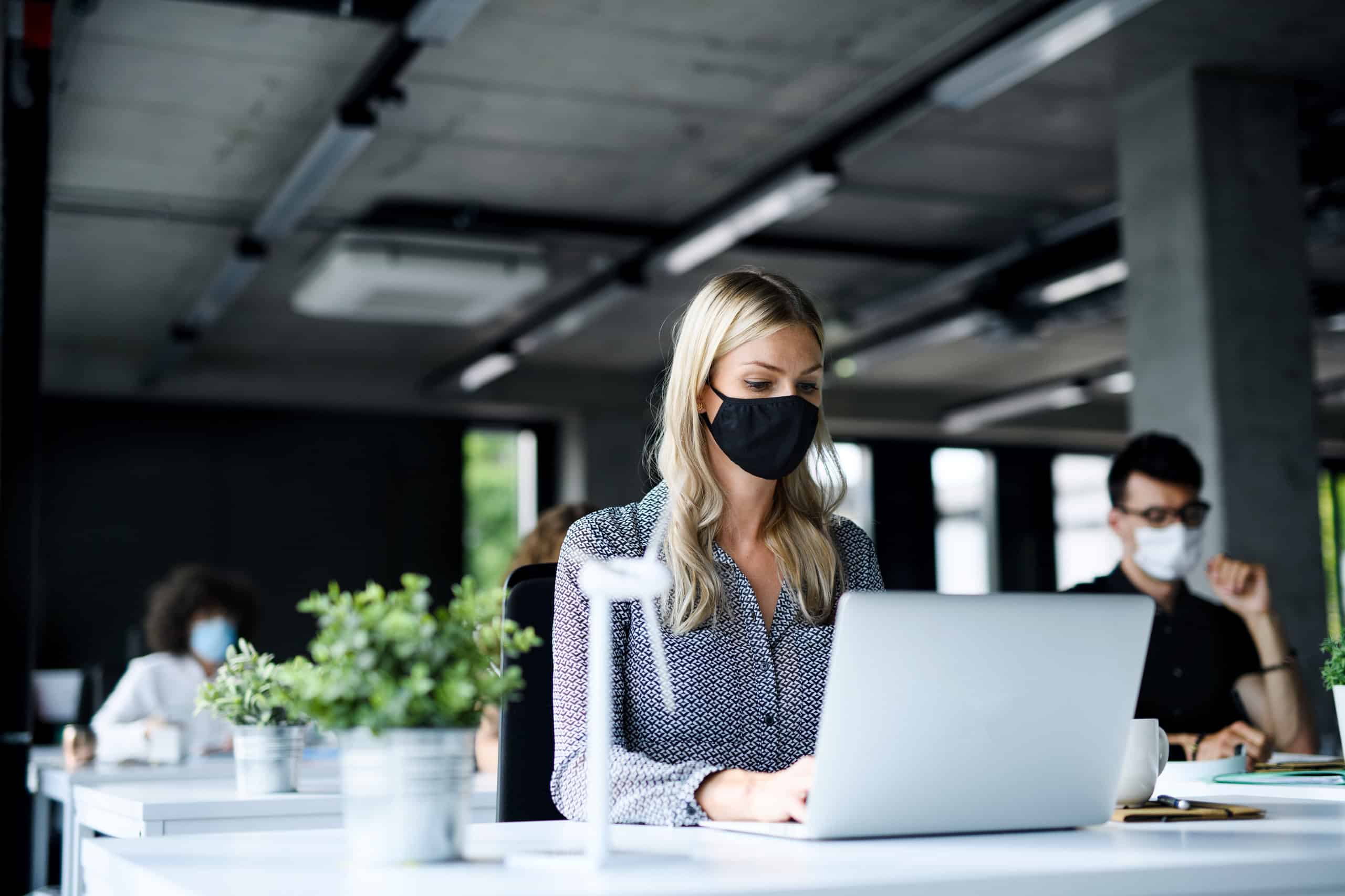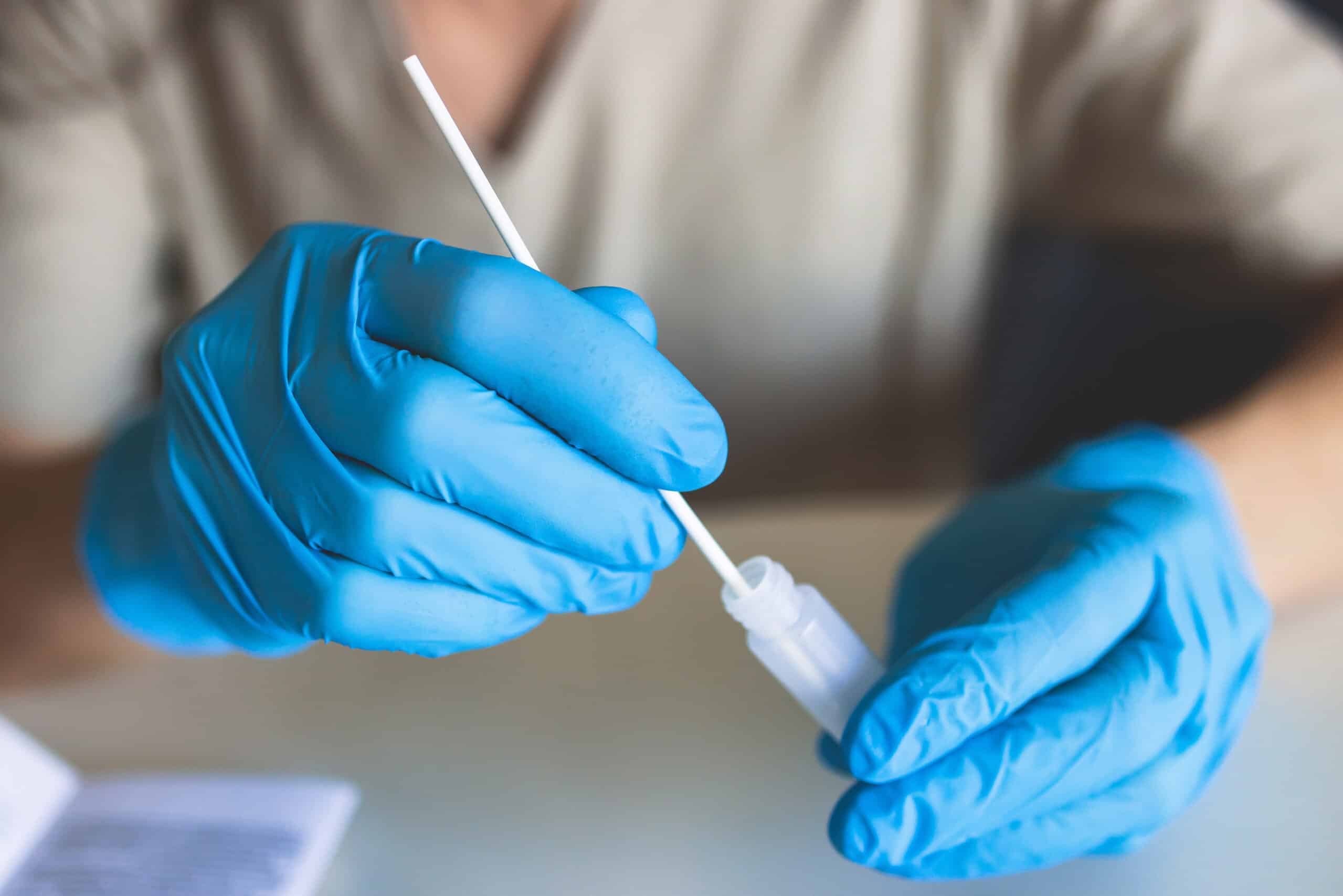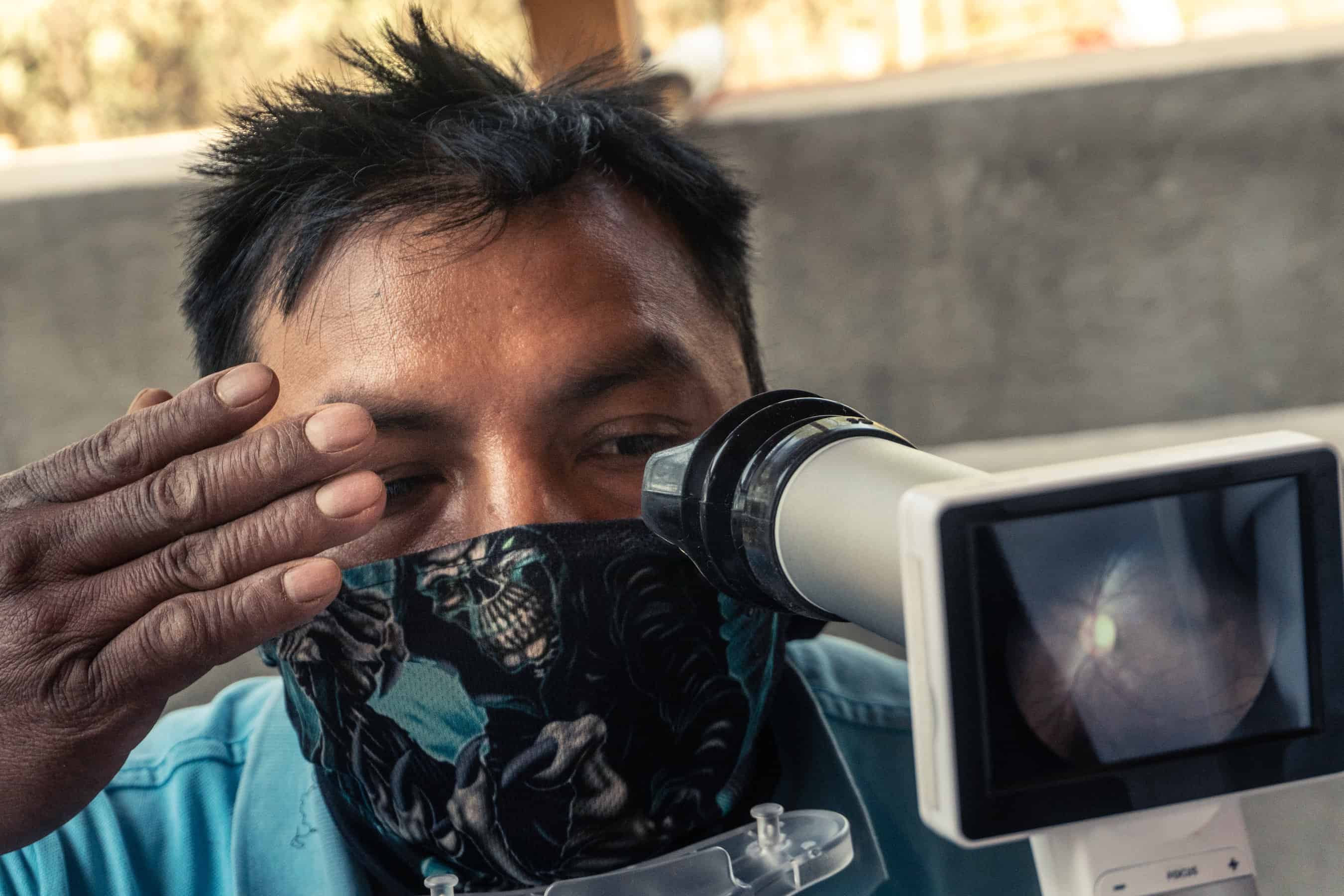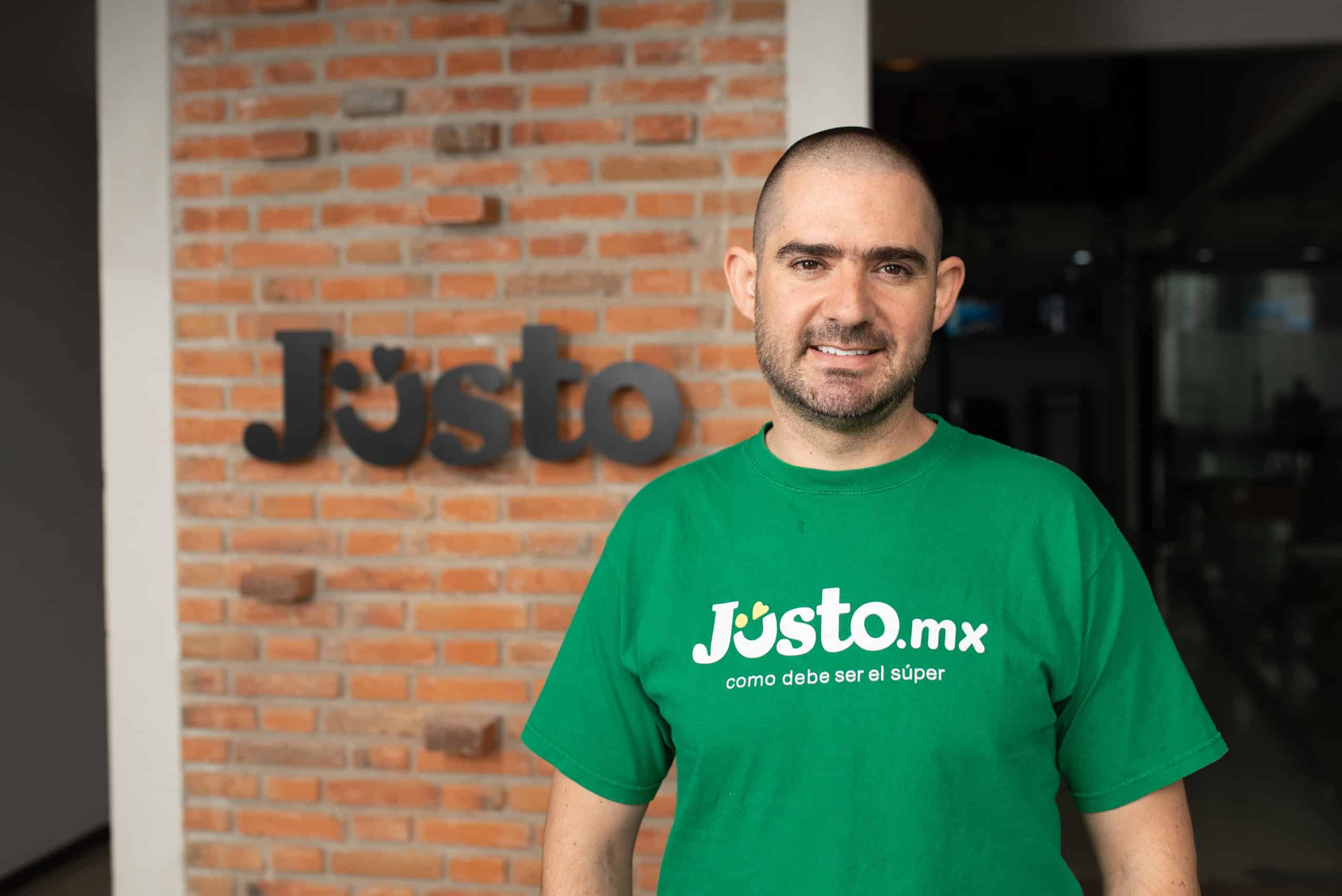The companies comprising Mexico City’s eleventh batch of 500 Startups are now two weeks away from completing their three-month acceleration program. Entrepreneurs in Santiago, Chile, selected for Start-Up Chile‘s pre-acceleration program, recently participated in the new generation’s kick-off. Startups from Platanus Ventures’ first acceleration program have been in the process for about two months in the same city. Meanwhile, in Bogota, the third batch of Rockstart in Latin America just concluded its Demo Day (an event where startups pitch to investors).
“This new setting led us to quickly address the needs of our entrepreneurs starting their acceleration to guarantee a positive experience. We had to adapt and offer the acceleration instances ourselves -academy sessions, board meetings, pitch training, and others- in a virtual format,” states Rodrigo Frías, deputy manager of Start-Up Chile, the 2010 government-funded Chilean accelerator that became an international success story, due to its winning strategy inviting startups worldwide to establish operations in the country.
Yet it is precisely this essential element of the program—the intercultural blending that takes place when mixing a worldwide pool of entrepreneurs in a single place—that suffered the most. “One of the aspects that felt the effects of the pandemic was the networking that the program generated, namely the possibility of forming connections and a sense of community among founders,” Frías adds, explaining that, due to the closing of borders, they modified the terms and conditions, to allow foreign startups the possibility to run the program remotely, via a representative in Chile.
“This was done under the commitment that they would be established in our country as soon as the health authorities allowed it. This is a key point, as we are part of the State, and we must guarantee the correct use of remote public resources”, explains the assistant manager of the public accelerator, who recently closed calls for applications for its different programs, opening a new one in October.
Felipe Santamaría, managing director in Latin America of Rockstart, a global accelerator headquartered in Copenhagen, Amsterdam and Bogotá, points out that the program had always been in-person until the arrival of the pandemic, as they “liked to be in personal contact with entrepreneurs, to generate strong community relationships between them, and the overall ecosystem.” “The pandemic triggered a change and impact on our everyday activities,” he says, stressing that the focus in the first stage was on designing the best strategies to support the companies already being accelerated.
René Lomelí, partner and operations director of 500 Startups LatAm, Latin American partner of one of the world’s largest investment funds, similarly describes how, after the implementation of the first quarantines, the program, which was being taught in Mexico City, had to be suspended and completed virtually. Furthermore, they were forced to suspend an in-person Demo Day scheduled a couple of weeks later.
For them, the pandemic coincided with an internal restructuring process inside the organization that reshaped their working model. They moved from a traditional accelerator model (sessions and work modules heavily focusing on a period of time) to a more aligned model with the role of an investment fund, seeking to have a long-term relationship with the invested ventures.
Lomelí explains that, while they continue to run a 16-week program, they are now delivering a much more individualized product. “We now assign a contact point to the companies that are part of the program, which is a member of our investment team. We meet at least twice a week with each company, which allows us to build a robust partnership with their founders and better understand all the different areas of the company. That one-to-one is pivotal, and that’s where we make a huge impact,” he claims.
Founded in pandemic conditions, the Chilean fund Platanus Ventures accelerator program had to adapt quickly. According to Paula Enei, one of their partners, their original plan was to become a face-to-face support for its startups, offering the possibility of having a remote program and thinking about their internationalization. “Initially, we wanted to do it in person and fine-tune the model, but as we started in January 2020 and the lockdown happened by March, that enthusiasm quickly waned. And so, we’ve always done everything remotely, and it works incredibly well. I guess the pandemic accelerated something natural in our case,” she explains.
Advantages of the digital working model
Irrespective of their situation at the time of the pandemic outbreak, all the accelerators, like most of the world, had to resort to the very same resource: virtual meetings.
Companies accustomed to face-to-face work were forced to adapt their processes. “In our fourth LATAM batch, everything was 100% virtual, from the call for applications (the one in which we received the largest number of applicants), to the selection process and the program’s execution. It was only until the end of the quarantine, when everything was more flexible, that we created some spaces to meet the entrepreneurs face-to-face,” explains Felipe Santamaría, managing director at Rockstart LatAm. This accelerator closed its last regional call for applications on May 31.
The outcome of this experience was so positive that this accelerator will continue to rely on the virtual modality, as it allows them to have sessions with entrepreneurs, mentors, investors, or any stakeholder in the ecosystem in different parts of the world without being restricted by travel. ” Then again, we also enjoy face-to-face spaces, and moments become memorable when we get to meet everyone in person. Today, we have a hybrid model that provides practicality, but without losing personal touch and relationship-building,” he explains.
500 Startups decided to forego on-site operations entirely. “We had an office space in Mexico City and left it at the end of 2020. After working in this (virtual) format for so long, we are much more inclined not to go back to physical spaces. We like the remote format and the manner of working we have today very much. We have achieved surprising results for our companies,” states René Lomelí, partner of the investment fund opening a new call for applications on July 4.
He emphasizes, for example, how they have transformed their Demo Day, now wholly virtual, allowing them to generate a more significant impact. “Those who attend our Demo Day nowadays are mainly investors from the surrounding region, who spend an hour of their time to be part of the process, thus increasing the number of attendees, but also the volume of investment in our companies,” he explains.
LatAm Accelerators with a Global Scope
All agree that virtuality has allowed accelerators in the region to achieve a new level of internationalization, no longer limited by geography. ” Globally, the pandemic accelerated digitalization, and all ecosystems benefitted. As for the accelerators, there has been a mindset shift, and now they have a fully regional and global mentality,” says Paula Enei, partner of Platanus Ventures, an accelerator with applications open through July 29.
For these companies established during the pandemic, the physical format also has its advantages. Therefore, as soon as the first restrictions were lifted, they re-opened their offices in Santiago around the same time they started operating in Mexico. “We believe that communities are generated in physical spaces, and we like to have headquarters and a place for startups to arrive, where we welcome them and where they feel at home,” he explains.
At Start-Up Chile the view held is similar. The institution assures that many activities related to the acceleration process are still carried out in virtual formats, but they are returning to face-to-face operations. ” A significant percentage of Start-Up Chile’s value lies in the relationships formed between entrepreneurs and the different stakeholders of the ecosystem, so we are resuming face-to-face operations, as well as encouraging startups to work and meet in our co-working space in downtown Santiago,” states Rodrigo Frías.
As with many in the industry, he believes that the hybrid format enables companies to embrace the advantages of virtuality “without sacrificing the human connection.”





